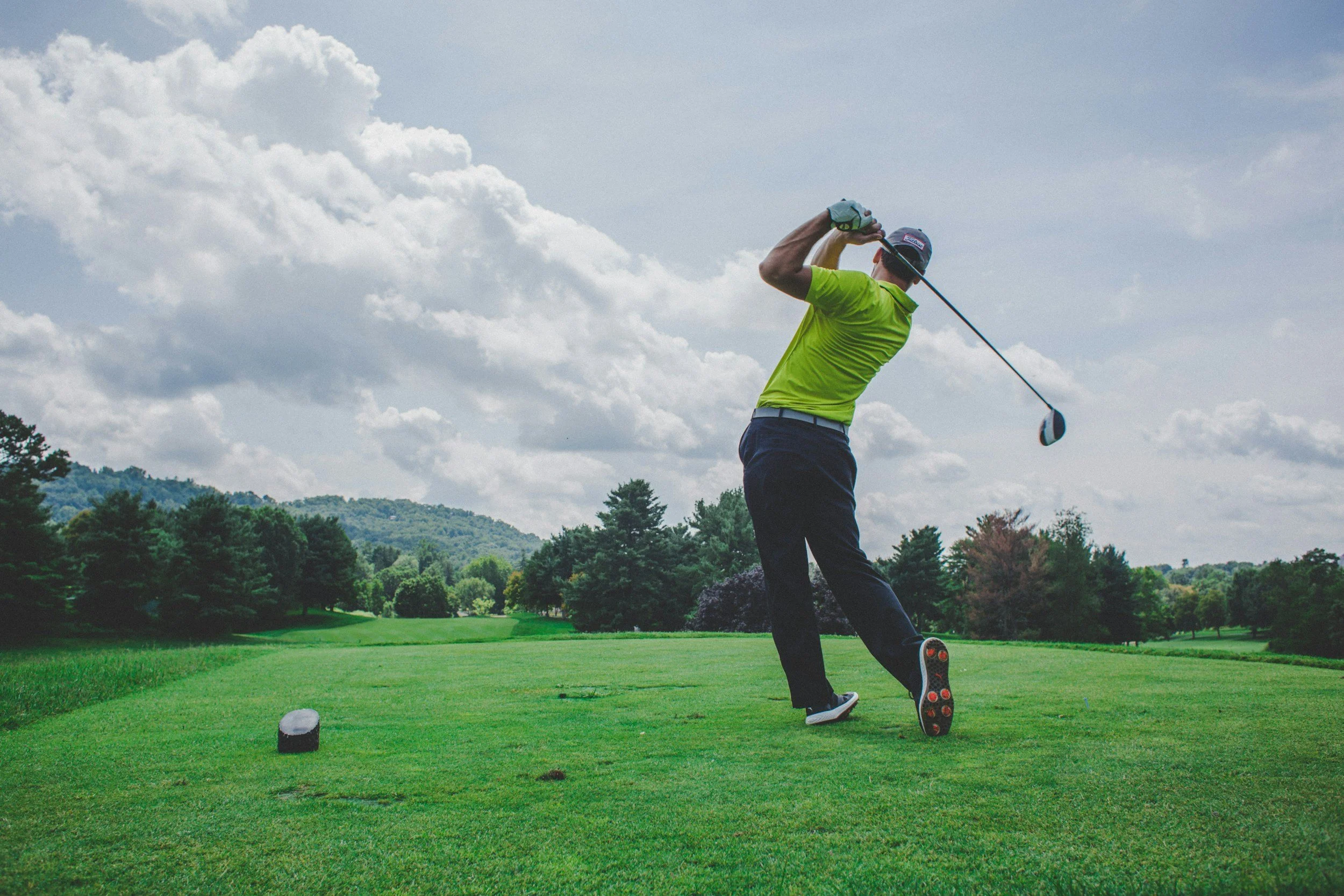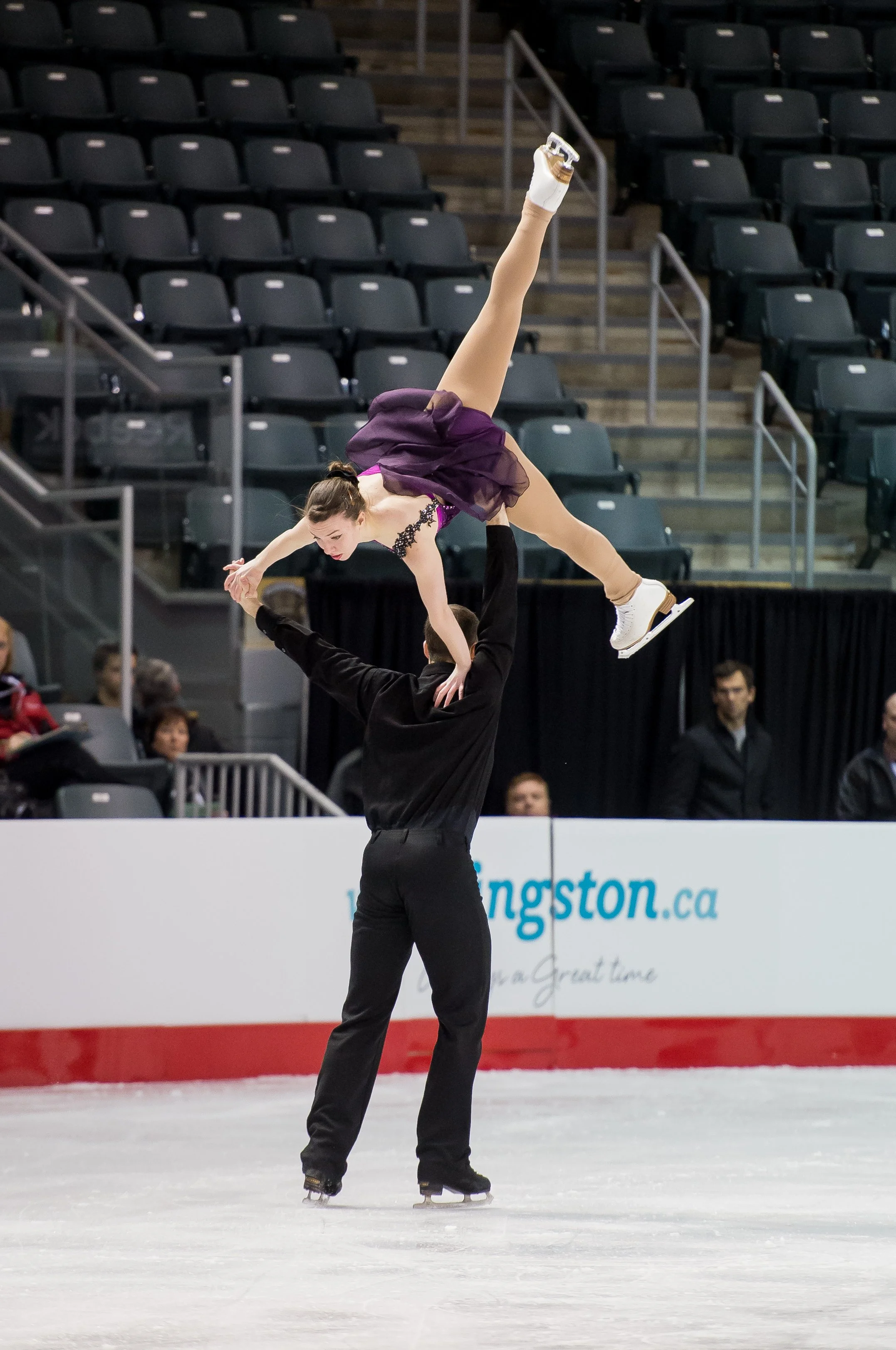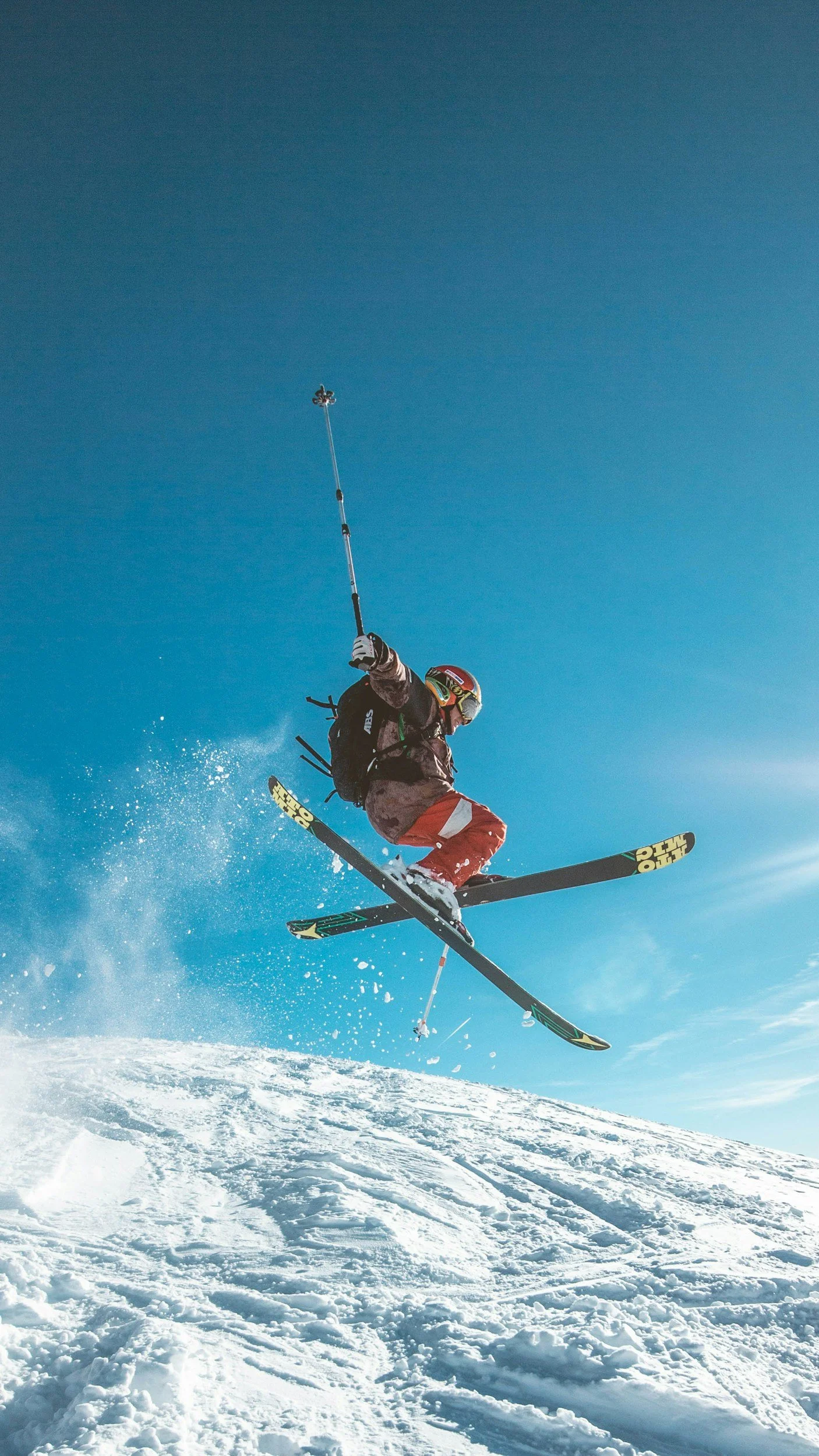
Performance & Sport Psychotherapy
Sport Performance Therapy and consulting for athletes, parents, and teams offered online across Canada.
Improve Mental Well-Being
Build resilience, manage stress, and maintain emotional balance, promoting a healthier mindset on and off the field.
Perform Under Pressure
Develop strategies to stay calm and focused, enhancing your ability to deliver your best performance even in high-stakes situations.
Boost Confidence
Embrace setbacks and imperfections, reducing the fear of failure and create a mindset of growth and self-compassion.
“No matter how much I train, the fear of making mistakes still takes over when it matters most.”
I help athletes tackle these challenges by developing tools to overcome mental blocks, perform under pressure, enhance focus, and boost confidence.
Are you an athlete dealing with…
Performance Anxiety
Fear of making mistakes
Injuries
Declining performance
Unable to make quick decisions on the pitch, field, or ice
Loss of Motivation
Concentration Issues
Negative Self-Talk
Burnout
I help athletes get back to feeling like themselves by building mental resilience, managing performance anxiety, and developing strategies to stay focused and motivated, both in and out of competition.
Our Services
Individual Psychotherapy
A Registered Psychotherapist trained in Sport Psychology supporting you through challenges inside and outside of sport.
Team Workshops
Custom Workshops for Athlete Mental Health and Mindset. Workshops can be created for teams, clubs, coaches, and even parents of athletes. Please contact to inquire
Sports performance isn’t just about physical training—it’s also about the mental game. Even the strongest athletes can struggle with confidence, focus, and handling pressure. Therapy for sports performance helps athletes develop the mental skills needed to stay calm under stress, recover from mistakes, and perform consistently at their best.
Working with a therapist trained in sport psychology gives athletes a space to manage performance anxiety, perfectionism, fear of failure, or the mental toll of injuries. Through evidence-based strategies like goal setting, visualization, mindfulness, and confidence-building exercises, athletes can strengthen their mindset just like they strengthen their body.
The result? Greater resilience, improved focus, and the ability to step into competition with clarity and confidence. Therapy gives athletes the tools to not only succeed in sport but also carry those skills into school, work, and life.
Why Therapy for Sports Performance?

"Believe you can and you’re halfway there."
We help you remove obstacles and create the mental state for success through online therapy and coaching across Canada.
How can STC Therapy Help Athletes?
At STC Therapy, I help athletes strengthen the mental side of their performance so they can compete with confidence, focus, and resilience. Whether you’re dealing with performance anxiety, struggling to bounce back after mistakes, recovering from injury, or feeling pressure to be perfect, therapy gives you the tools to manage these challenges and perform at your best.
I use evidence-based approaches from sport psychology and psychotherapy—such as mental skills training, Cognitive Behavioral Therapy (CBT), mindfulness, and visualization—to help athletes sharpen focus, regulate emotions, and build mental toughness. Together, we’ll work on strategies that not only improve performance in competition but also support your overall well-being.
The goal at STC Therapy is simple: to help you step onto the ice, field, gym, or stage with clarity, confidence, and a stronger belief in yourself. STC Therapy can also support you if your goal is to step away from your sport and transition into life outside of sport.
STC Therapy can address a wide range of challenges that athlete’s might experience, including:
Pressure and Performance anxiety
Perfectionism and Comparison
Body Image Concerns
Injury Recovery
Abuse and Trauma
Transition from sport
Identity Loss
Stress Management
Burnout
Positive Outcomes of Sports Performance Therapy
We are all unique individuals with unique experiences therefore everyone’s healing journey can look different.
With consistent effort and support in the therapeutic journey you can:
Improve performance by developing strategies to stay focused and consistent under high-pressure.
Boost confidence through personalized techniques that reinforce self-belief and mental resilience.
Perform under pressure with tools to manage stress and maintain composure in competition.
Regulate emotions more effectively, keeping a calm mindset during setbacks or challenges.
Develop better coping strategies, equipping you to handle both athletic challenges and personal stress.
Improve overall well-being by creating a healthy balance between sport and life beyond competition.
Approaches We Use In Sports Therapy
Mindfulness
Mindfulness trains athletes to stay present, reducing distractions and stress. This improves focus, emotional control, and performance consistency during high-pressure moments.
Goal Setting
Goal setting provides clear direction by breaking long-term objectives into actionable steps. It keeps athletes motivated and helps track progress, building confidence along the way.
Visualization/Imagery
Visualization allows athletes to mentally rehearse skills, boosting confidence and readiness. It strengthens motor skills and reduces performance anxiety by simulating success scenarios.
Positive Self-Talk
This technique replaces negative thoughts with affirming messages, increasing motivation and resilience. Positive self-talk enhances confidence and helps maintain focus during competition.
Stress management techniques like breathing exercises help athletes stay calm and focused under pressure. They also promote mental recovery between practices and events.
Stress Management
Relaxation Techniques
Relaxation practices, such as guided meditation, reduce tension and improve recovery. These methods help athletes manage pre-competition nerves and ensure peak performance readiness.
How STC Therapy Works
GET TO KNOW US
Start by booking a free 15-minute consultation. If you feel we’re a good fit, we’ll schedule your first appointment to begin your therapeutic journey.
WE GET TO KNOW YOU
We take the time to understand everything that makes you who you are—your experiences, struggles, joys, and what truly matters to you.
START YOUR HEALING JOURNEY
Together, we’ll create a personalized plan for your healing, adapting it as needed to support your growth and mental well-being.
Your only limit is the one you set for yourself.
Your mind is the most powerful tool you have – use it to achieve greatness.
To get started, book an appointment with us via our contact form, direct email to info@stctherapy.com, or through our safe online booking by clicking the button below. If you have any questions please fill out the contact form or email us we are happy to help.
STC Therapy offers online therapy across Ontario specializing in mental health support for adults, teens, and children with scoliosis or spinal deformities.
Frequently Asked Questions About Sports Performance Therapy
Why might an athlete need mental health support?
Athletes may seek mental health support to manage stress, cope with injuries, deal with performance anxiety, and address personal issues affecting their well-being.
How can therapy help with performance anxiety?
Therapy provides strategies to manage anxiety, such as relaxation techniques, cognitive restructuring, and gradual exposure to anxiety-provoking situations in a controlled manner.
Can therapy assist with injury recovery?
Yes, therapy can help with the psychological aspects of injury recovery, aiding athletes in coping with the emotional impact and maintaining a positive outlook during rehabilitation.
What are some signs that an athlete might be struggling with mental health issues?
Signs include persistent sadness or irritability, loss of motivation, sleep disturbances, performance decline, social withdrawal, and increased negative self-talk.
What types of therapy are beneficial for athletes?
Cognitive-behavioral therapy (CBT), mindfulness-based therapy, and sports-specific psychotherapy are common approaches that help athletes manage mental health and performance issues.
How do I find the right sports psychologist or therapist?
Look for professionals with experience in sports psychology or therapy, check their credentials, and consider seeking recommendations from coaches or fellow athletes.
How often should I engage in mental skills training?
Mental skills training should be regularly integrated into your overall training routine, with frequency depending on individual needs and specific goals.
Is mental skills training only for elite athletes?
No, athletes at all levels can benefit from mental skills training to enhance performance, manage stress, and improve overall well-being.
How long does it take to see results from mental skills training?
Results can vary, but consistent practice of mental skills can lead to noticeable improvements in a few weeks to several months.
How can I balance sport and personal life to maintain mental health?
Setting boundaries, prioritizing self-care, seeking support from friends, family, or a therapist, and managing time effectively can help balance sport and personal life, promoting overall mental health.
What is mental skills training in sports?
Mental skills training involves techniques and strategies to enhance mental toughness, focus, confidence, and stress management, which contribute to better athletic performance.











